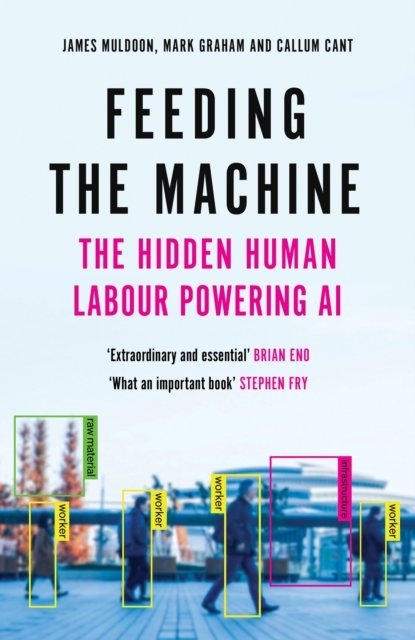Big Tech has sold us the illusion that artificial intelligence is a frictionless technology that will bring wealth and prosperity to humanity. But hidden beneath this smooth surface lies the grim reality of a precarious global workforce of millions that labour under often appalling conditions to make AI possible. Feeding the Machine presents an urgent, riveting investigation of the intricate network of organisations that maintain this exploitative system, revealing the untold truth of AI.
Based on hundreds of interviews and thousands of hours of fieldwork over more than a decade, this book shows us the lives of the workers often deliberately concealed from view and the systems of power that determine their future. It shows how AI is an extraction machine that churns through ever-larger datasets and feeds off humanity's labour and collective intelligence to power its algorithms. Feeding the Machine is a call to arms against this exploitative system and details what we need to do, individually and collectively, to fight for a more just digital future.


